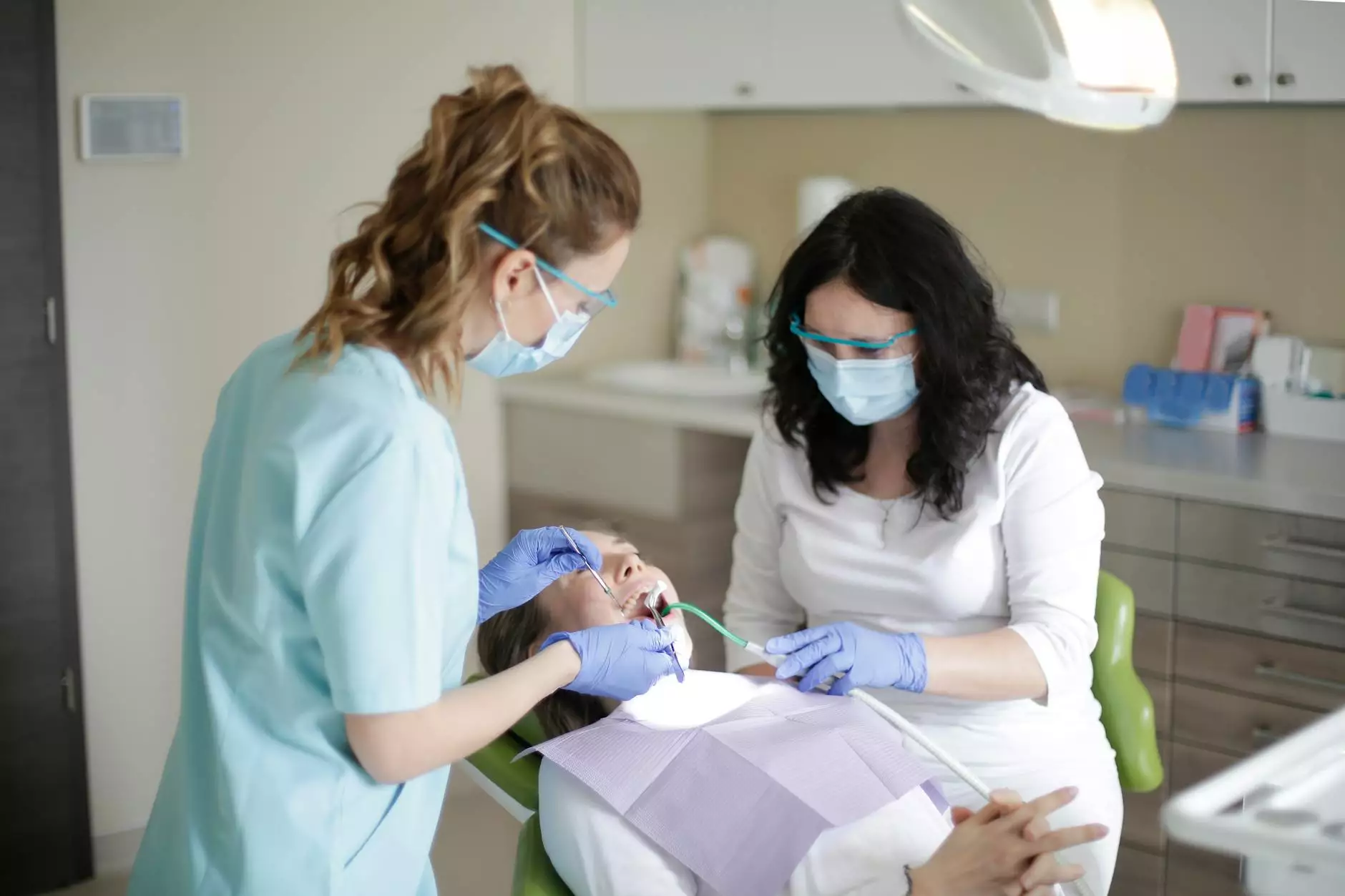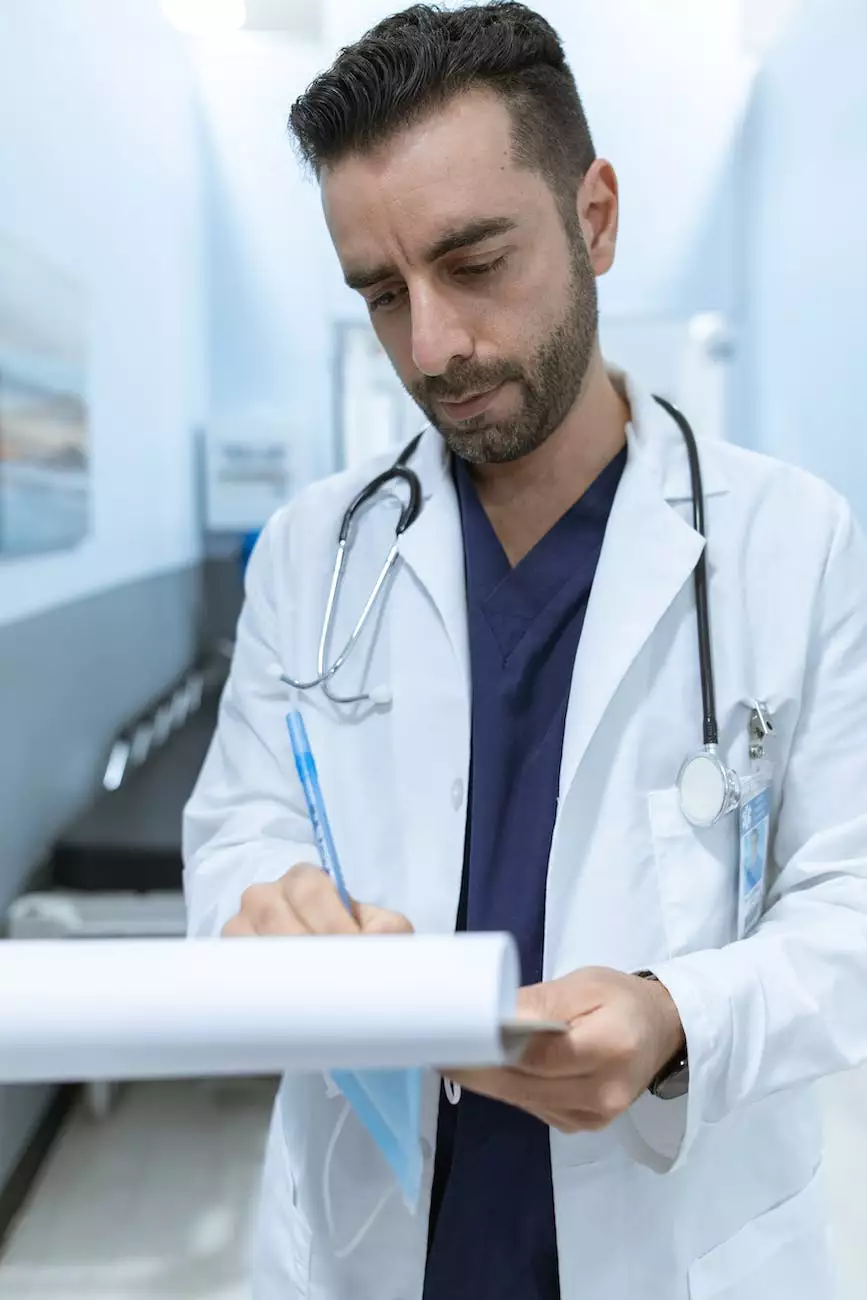Emergencies and Phone Calls

Understanding Medical Emergencies
In the realm of health and medicine, emergencies can strike at any time, often catching us off guard. At Brandt Debra S MD, we prioritize your well-being and want to empower you with the necessary knowledge to respond effectively in such situations. Being aware of the signs and symptoms of different medical emergencies can potentially save lives. Here, we provide comprehensive information about various emergencies and what steps to take when faced with them.
Recognizing Life-Threatening Situations
Certain medical emergencies require immediate action to ensure the best possible outcome for the patient. Conditions such as heart attacks, strokes, severe allergic reactions, and major trauma often necessitate urgent medical intervention. It is crucial to recognize the warning signs to initiate prompt care. Familiarize yourself with these symptoms and equip yourself to respond accordingly, potentially averting serious consequences.
Heart Attacks and Strokes
Heart attacks and strokes are life-threatening conditions that require immediate medical attention. Knowing the signs can make a difference in saving a life. Classic symptoms of a heart attack include chest discomfort, shortness of breath, nausea, and lightheadedness. On the other hand, strokes may manifest as sudden numbness or weakness on one side of the body, difficulty speaking or understanding speech, severe headaches, and trouble with coordination.
Severe Allergic Reactions
Severe allergic reactions, also known as anaphylaxis, can occur due to food, insect bites, medications, and other triggers. Recognizing the signs, such as difficulty breathing, swelling of the face and throat, hives, dizziness, and a rapid pulse, is crucial. If you or someone near you is experiencing these symptoms, seek immediate medical assistance and consider administering an epinephrine auto-injector if available.
Major Trauma
In the event of major trauma, whether from accidents or other causes, timely and appropriate emergency care is vital. Trauma can result in severe injuries, such as fractures, head trauma, internal bleeding, and spinal cord injuries, which require immediate medical attention. If you suspect a significant trauma, call emergency services and follow their guidance until help arrives.
Phone Calls: When and How
Effective communication over the phone is essential when seeking medical advice or reporting emergencies. Understanding when to make a call and how to convey crucial information can facilitate prompt, accurate care. Here, we'll guide you on phone call protocols and provide valuable tips for optimal communication during urgent situations.
When to Call for Medical Assistance
Determining when to reach out for medical assistance may sometimes be challenging. However, certain indicators should prompt you to pick up the phone and contact healthcare professionals. These indicators include symptoms that require immediate attention, concerns about medication reactions, sudden severe pain, and situations where you are uncertain about whether to seek medical help.
Proper Phone Call Procedure
When making a medical phone call, it's important to provide clear and concise information. Remember, the person on the other end of the line needs accurate details to assist you effectively. Start by stating your name, the patient's name (if different), and the reason for your call. Describe the symptoms or emergency situation in as much detail as possible, emphasizing any critical aspects. Be prepared to answer further questions to aid the healthcare professional in guiding you appropriately.
Utilizing the Power of Telehealth
In recent times, telehealth has emerged as a convenient and efficient way to access medical consultation. With the advancement of technology, it is now possible to consult with healthcare professionals remotely, over the phone or video call. This can be especially beneficial for non-emergency situations, providing ease of access, and reducing the need for physical visits. As part of our commitment to comprehensive healthcare, Brandt Debra S MD offers telehealth services, ensuring that you can receive appropriate guidance even from the comfort of your own home.
Taking the Right Steps in Emergencies
When faced with a medical emergency, time is of the essence. By being prepared and informed, you can take the right steps to ensure the best possible outcome. At Brandt Debra S MD, we encourage our patients and community members to familiarize themselves with emergency procedures, life-saving techniques, and basic first aid. Taking proactive measures can make a difference when every second counts.
CPR and First Aid Training
Cardiopulmonary resuscitation (CPR) and first aid knowledge are invaluable skills that can help you provide immediate assistance to someone in need. Acquiring CPR and first aid training equips you with the tools to intervene effectively during emergencies until professional help arrives. These skills can significantly improve survival rates in cardiac arrests, choking incidents, and other life-threatening situations. Consider enrolling in a CPR and first aid training program to enhance your preparedness.
Emergency Preparedness
Preparing for emergencies in advance can streamline your response when the unforeseen occurs. Create an emergency plan for yourself and your family, outlining the necessary steps to take in various scenarios. Ensure you have essential supplies, such as a first aid kit, emergency contact numbers, and any required medications readily available. Being proactive in emergency preparedness enhances your ability to remain calm and act swiftly during critical situations.
Conclusion
In conclusion, at Brandt Debra S MD, we recognize the importance of providing comprehensive information on emergencies and phone calls. By understanding medical emergencies, recognizing life-threatening situations, and following proper phone call protocols, you can help ensure the best possible care in urgent situations. Remember to be prepared, stay informed, and seek immediate medical assistance when necessary. Together, let's prioritize your health and well-being in every step we take.









